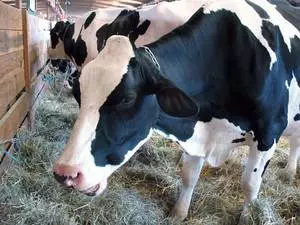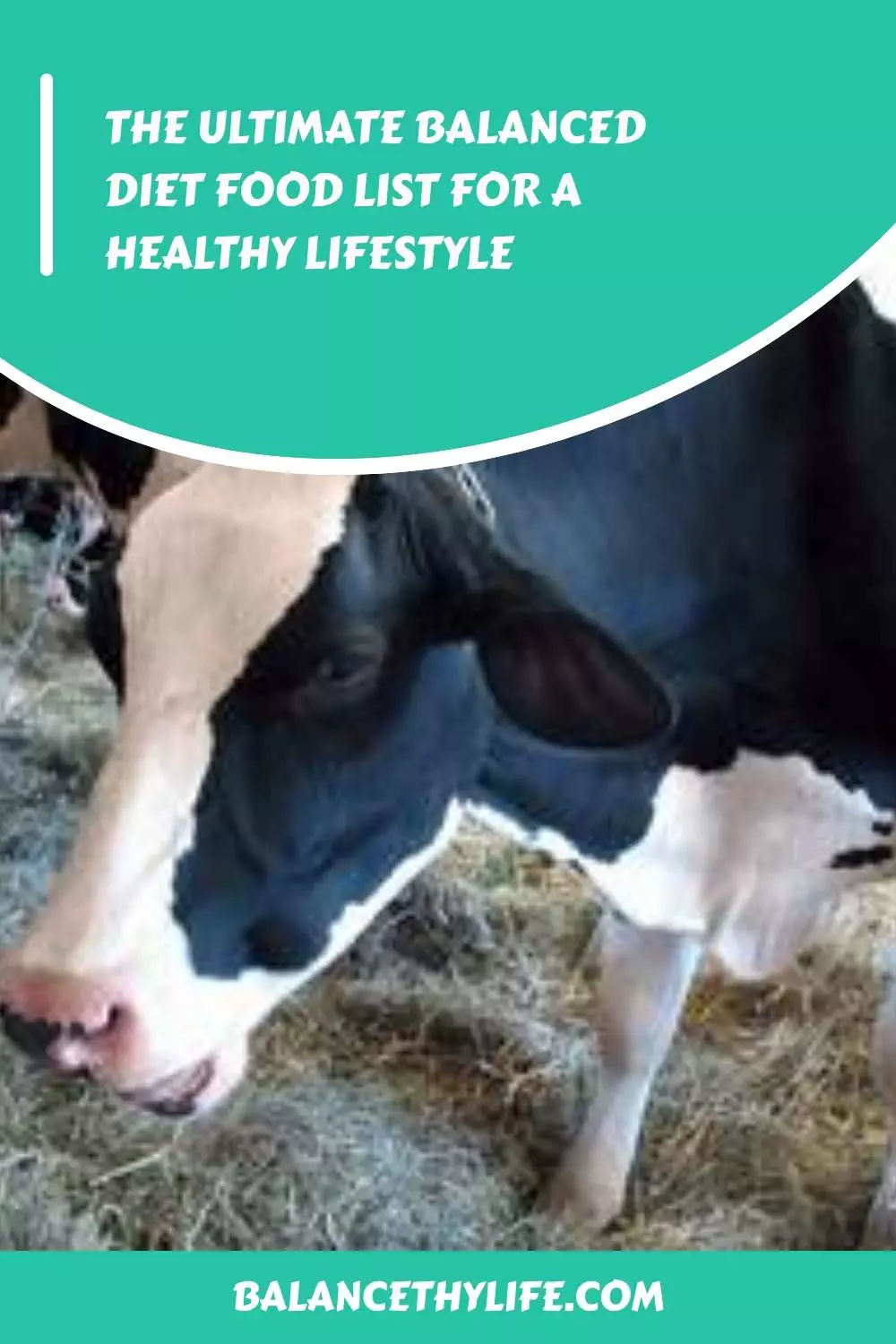Balancing your diet is crucial to maintaining good health. It’s not just about eating less or more, but rather consuming the right types of food in moderation. A balanced diet includes all essential nutrients such as protein, carbohydrates, fats, vitamins and minerals that are necessary for our body to function properly. Here’s an ultimate list of food items that can help you achieve a well-balanced diet:
1. Whole Grain Products – These include bread, pasta, rice, cereal, etc., which provide complex carbs, fiber, B vitamins, iron, magnesium, selenium, and zinc. They also help regulate blood sugar levels and lower cholesterol.
2. Lean Protein Sources – This includes poultry, fish, eggs, legumes, nuts, seeds, and low-fat dairy products. They contain amino acids, iron, calcium, potassium, and other vital nutrients that build muscles, repair tissues, and boost immunity.
3. Fruits and Vegetables – These are rich sources of antioxidants, vitamin C, folate, potassium, and fiber. Eating at least five servings of colorful fruits and vegetables per day can reduce the risk of chronic diseases like cancer, heart disease, stroke, and type 2 diabetes.
4. Dairy Products – Milk, cheese, yogurt, and other dairy products are excellent sources of calcium, phosphorus, riboflavin, and vitamin B12. Calcium helps strengthen bones and teeth while vitamin D found in milk promotes bone growth and absorption of calcium.

5. Nuts and Seeds – Almonds, walnuts, sunflower seeds, flaxseeds, and pumpkin seeds are packed with omega-3 fatty acids, magnesium, copper, zinc, and fiber. Consuming them regularly can improve brain function, lower inflammation, and reduce the risk of heart disease.
6. Healthy Fats – Avocadoes, olive oil, nuts, and seeds are great sources of monounsaturated and polyunsaturated fats that promote heart health by reducing bad cholesterol levels.
Incorporating these food groups into your daily meals and snacks will give you a balanced diet plate. However, it’s important to remember that everything should be consumed in moderation. Excessive intake of any particular food item can lead to negative health consequences. To maintain a healthy lifestyle, here are some tips to follow:
1. Plan Your Meals – Planning your meals ahead of time ensures that you consume a variety of foods from different food groups. You can use online tools like MyPlate to create a personalized balanced diet plan.
2. Choose Colorful Produce – Including colorful produce in your diet provides numerous health benefits. Try incorporating dark leafy greens, red bell peppers, orange sweet potatoes, yellow squash, and blueberries into your meals.
3. Stay Hydrated – Drinking enough water throughout the day keeps your body hydrated and flushes out toxins. Aim to drink eight glasses of water every day.
4. Practice Portion Control – Overeating leads to weight gain and other health problems. Using smaller plates, bowls, and utensils can help control portion sizes.
5. Get Moving – Regular physical activity improves cardiovascular health, strengthens muscles and bones, and reduces stress levels. Aim for at least 30 minutes of exercise most days of the week.
By following these simple tips, you can easily incorporate Balance nutrition into your daily routine and enjoy better overall health.










